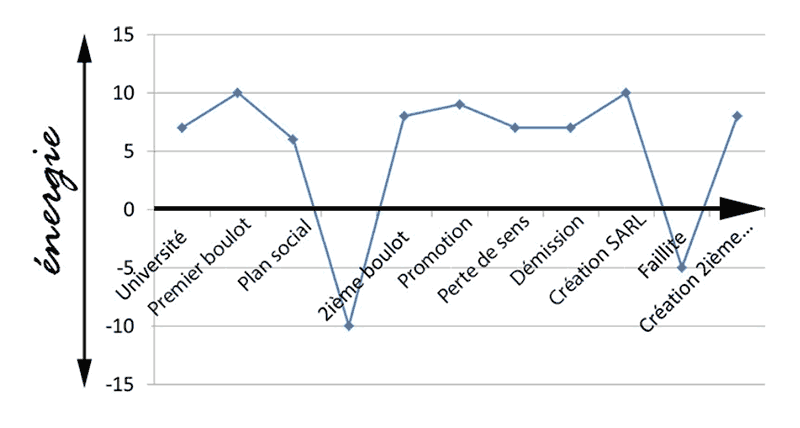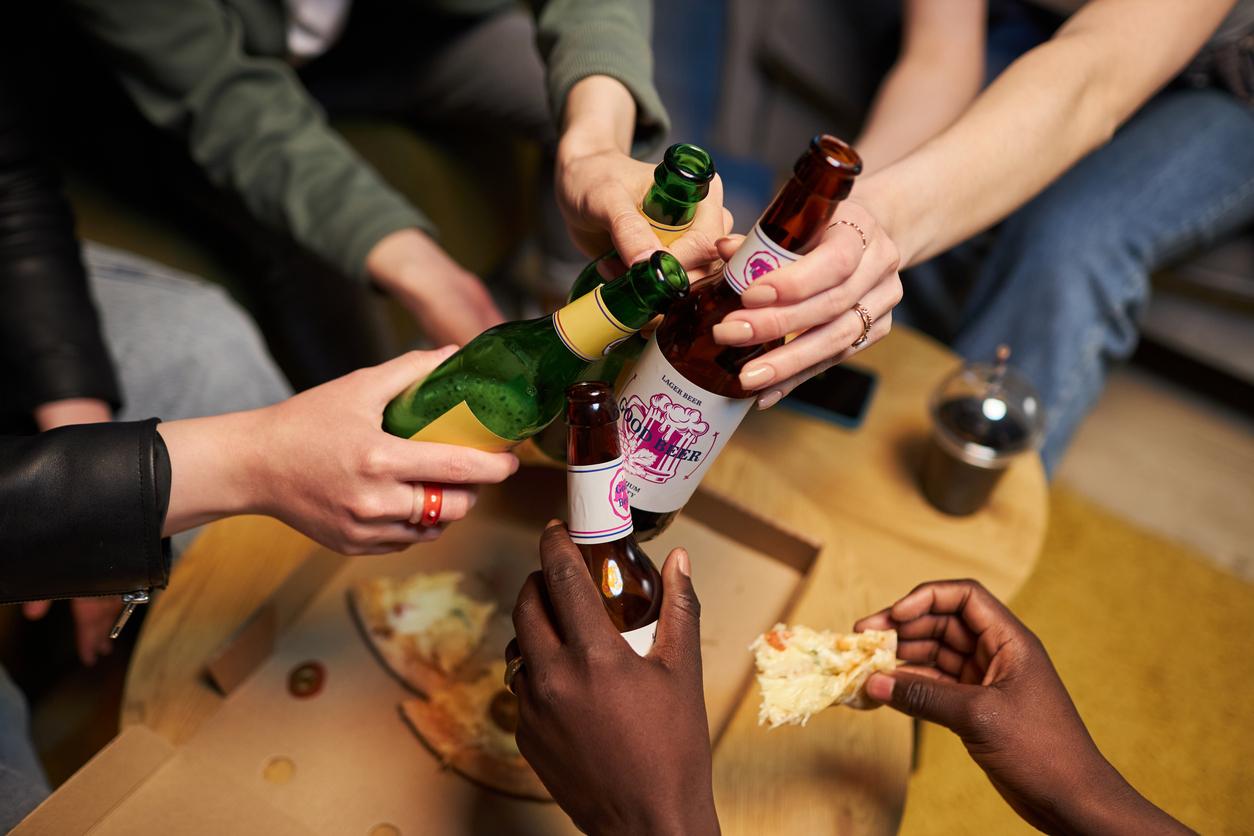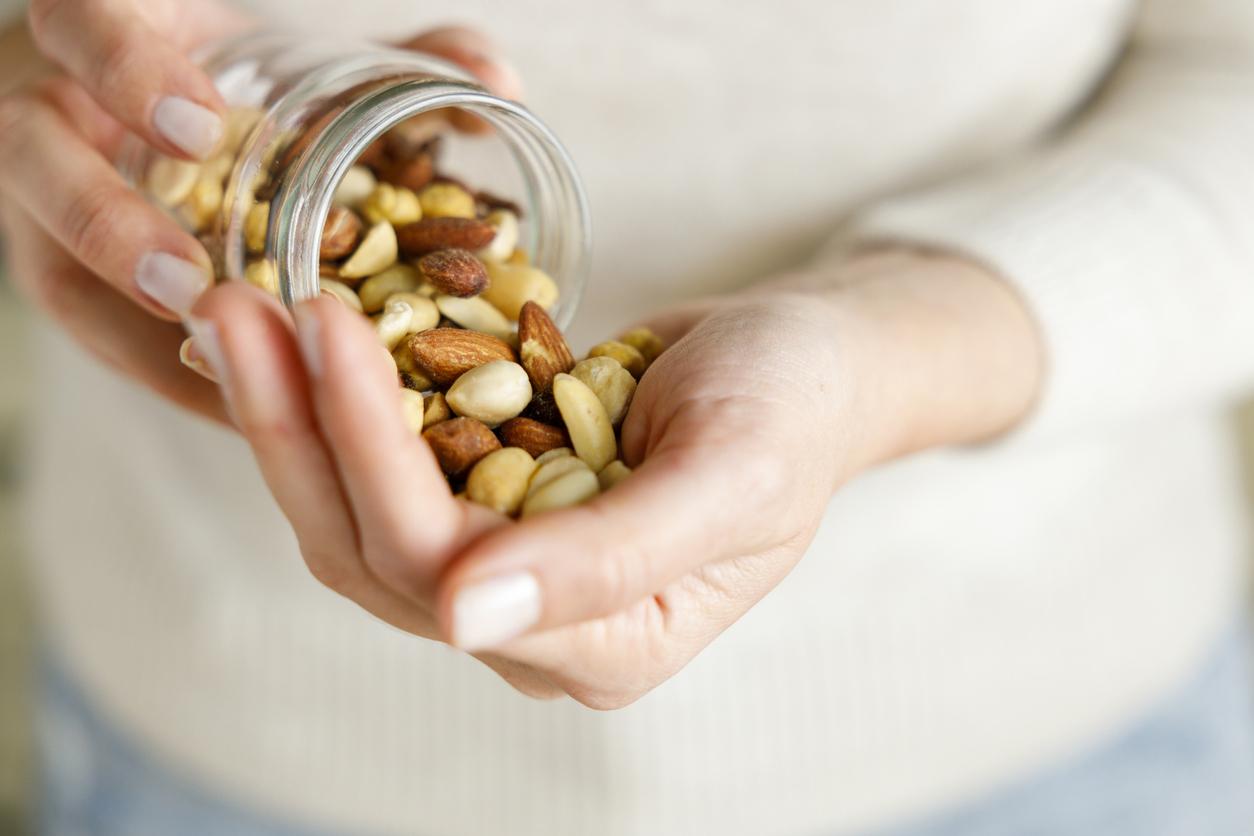Finnish researchers have developed a prototype device that allows people suffering from alcohol addiction to feel less lack, and thus better manage withdrawal.

- In France, it is estimated that approximately 1.5 million people are alcohol-dependent and that 2.5 million people have a risky consumption (but still manage to control their addiction). Excessive alcohol consumption is responsible, according to sources, for 33,000 to 49,000 deaths per year.
- Since 2017, the new French recommendations encourage not to exceed ten standard drinks per week (less than 100 g of pure alcohol), for both men and women, with days without consumption. Otherwise consumption is said to be “at risk”.
A one-of-a-kind solution. By working on new forms of weaning, researchers from Aalto Universityin Finland, have developed a prototype device which, combined with other treatments, such as therapy or certain drugs, would allow patients to better manage their addiction to alcohol, which is responsible for three million deaths a year across the world, according to the World Health Organization (WHO).
A shot of dopamine and oxytocin to counter the craving for alcohol
Discreetly attached to the wrist like a bracelet, it is a device that helps to “Suppress alcohol cravings through pleasant skin contact”. A “stimulus” who, “by activating nerve pathways called C-tactiles, reaches areas of the brain closely linked to alcohol cravings and other addictions”can we read in a communicated of the University.
Ihoa silittävä laite voi auttaa hillitsemään alkoholin himoa. Laitetta kehittävä HentoTouch sai alkunsa v. 2021 @HkiBrainMind -verkoston ja Biodesign Finlandin @Uudenmaanliitto #EAKR NeuroBiodesign -osahankkeesta @AaltoUniversity #codedtoconnecthttps://t.co/qXkA5Lw3dT
—Anne Patana (@AnnePatana) November 4, 2022
Juliana Harkki, the doctor responsible for the project called HentoTouch, explains that the brain processes touch in the tactile cortex and gentle caresses in the cerebellum. “The parasympathetic nervous system is activated by soft, pleasant touches, releasing dopamine and oxytocin, among other things. Touch also increases stress tolerance, and stress is a big trigger for alcoholism. idea is not to replace intimacy with others, but to complement it by mechanically activating certain neural pathways”explains the researcher.
“We are now looking at how often the activation should be done, and in what dosage. It is possible that the device does not need to be transported but can be used at home, for example”adds scientist Pauli Tuovinen, who participated in the project.
Alcoholism: 91 million people suffer from alcohol problems
The researchers hope to make the device available in pharmacies without a prescription, to make it accessible to anyone who has already made the decision to become sober on their own. “If the project and its subsequent commercialization are successful, the solution could improve the treatment of alcohol dependence worldwide”, according to Heikki Nieminen, professor of medical engineering. According to WHO figures, 91 million people suffer from problems related to alcohol abuse, and three quarters of them do not receive any appropriate treatment or therapeutic aid, due to lack of means, information or for fear of the stigma that taints the disease called alcoholism.
The device should also be tested soon in order to complete the weaning several other addictions, such as gambling addiction, or to help with stress management, knowing that it is the same dopamine and oxytocin neurons that are activated by the famous bracelet, whose patent application has just been filed.


















